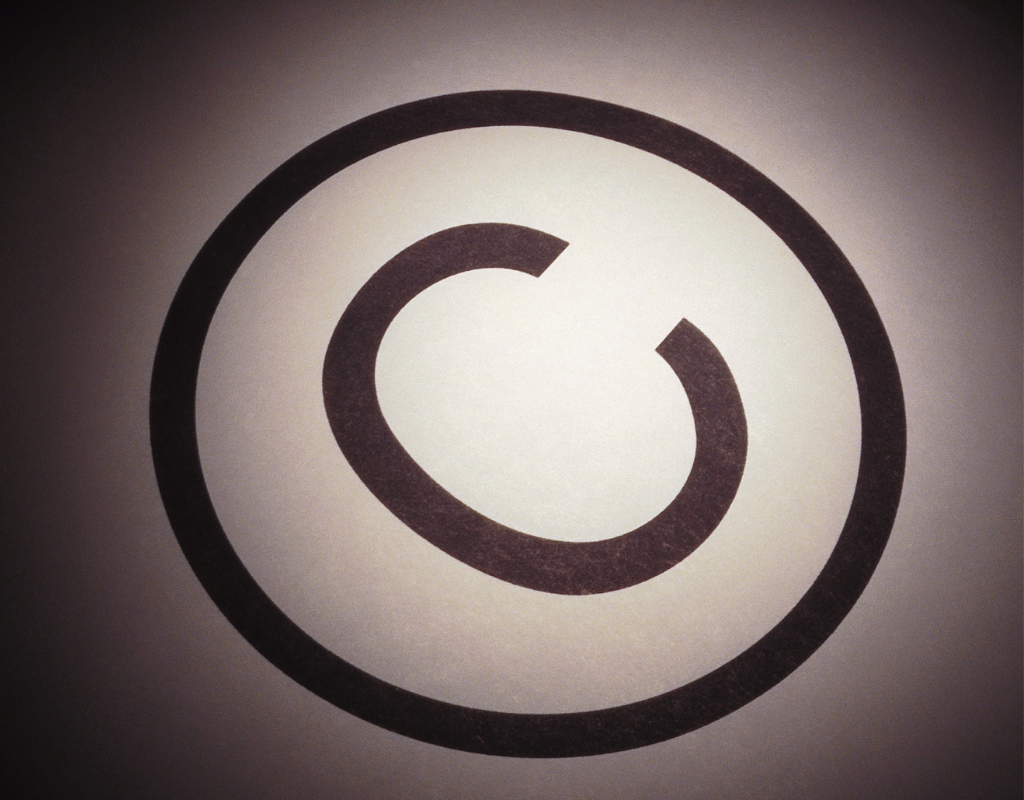Copyright registrations protect owners’ original works from other people reproducing, distributing, displaying, and/or performing the original works or creating derivative works. But the laws surrounding copyright protection are not exactly sealed tight. References to copyright-protected work are all around us, and you can bet that most of those people did not get permission.
So when is the use of copyrighted material okay? And when does it cross the line?
The United States Copyright Act has rules about when the use of a copyright-protected work is “fair use.” If you operate within the rules of fair use, you should not face monetary or legal penalties. It’s important to note that if you are in a country outside of the United States, you will have to abide by different definitions of “fair use” and “fair dealing.”
The Factors of Fair Use
There are four factors that you can use to determine whether or not your usage of copyright-protected work is considered “fair use”:
Purpose and Character of the Use
Are you hoping to make financial gains from the use of this work? If so, you are probably violating the United States Copyright Act. Rules are looser if you are simply using the work for educational reasons or reporting on the work in the news media and no financial transactions are involved.
Nature of the Use
Do you need to use the work in order to share factual information, such as reporting in the news media about the theft of a painting in the news? Then you may be okay under the rules of “fair use.” If you use the work in a more creative project, such as a book that shows collections of paintings, you might be closer to the line.
How Much of the Work Is Involved in the Project
A brief mention of a copyrighted work is unlikely to result in a million-dollar lawsuit. But you should know that there are no specific rules on how much is too much. If you are sued, a court will determine whether the use of the work is substantial enough to be considered a violation of the law. Just remember major legal battles have been fought over just seven measures of music.
Effect on the Market or Value
Is your use of the work going to affect the monetary value of the work in the industry? If so, things might get tricky. If your use of the work does not make a difference in the sales it generates or its place in the market, you may be okay.
Examples of Fair Use
We see examples of fair use throughout our everyday lives, including:
- Using quotes in school papers, reviews, and criticisms
- Parodies of work (in comedy shows, comics, and so on)
- Summaries of works
- Sharing or referencing work in a news report
- Sharing work on a search engine results page
Unfortunately, it is not always clear what falls under fair use. Your best bet is to consult with a knowledgeable intellectual property attorney.
